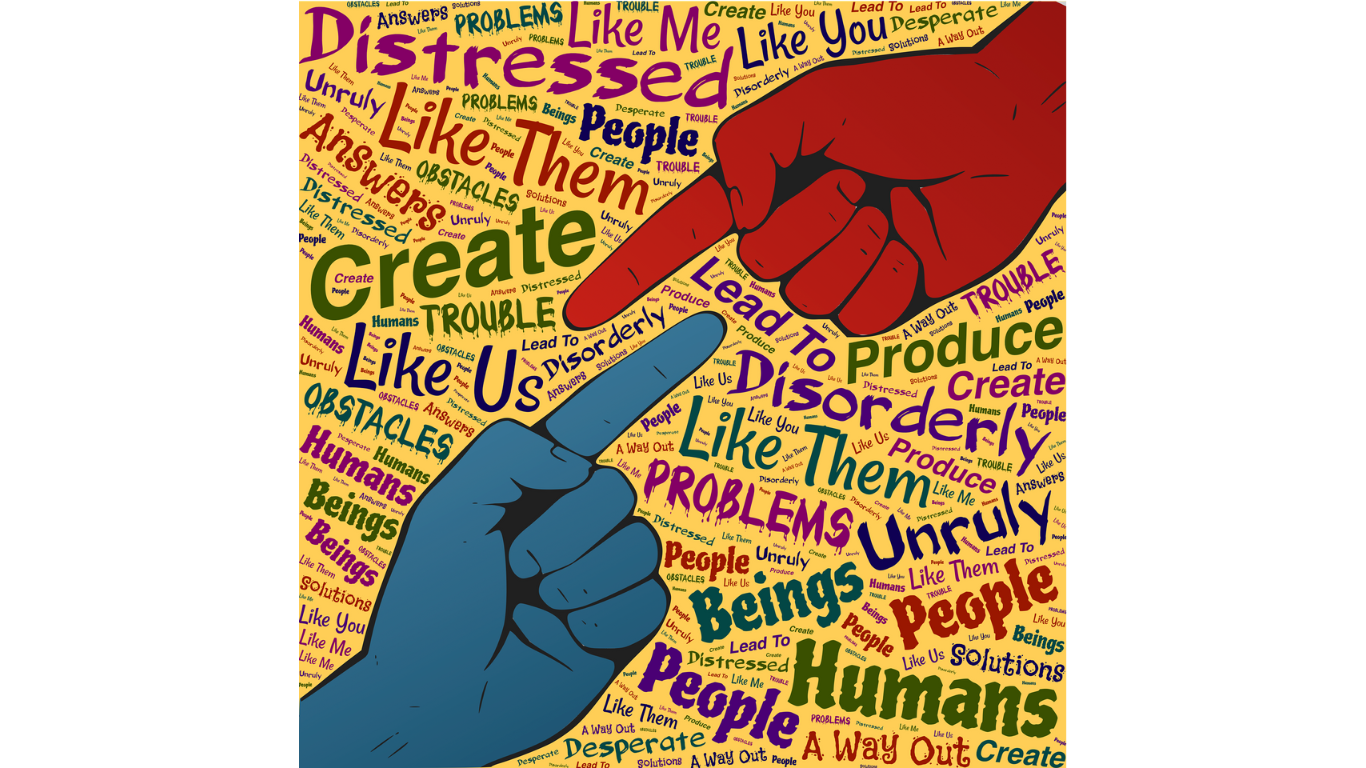Is politics dividing your marriage? Even when couples support the same party, there can be issues within a platform that may cause division.
We’ve just finished a long political season that has been very divisive for our country. When couples are divided politically, the stakes become so much higher. Beliefs represented by opposing political parties go deep and are not likely to be changed by trying to convince the other.
Before you decide that being on the opposite side politically constitutes irreconcilable differences, let me share a story.
Can Political Opposites Be Happily Married?
We have to go back to the 1992 campaign between George Bush and Bill Clinton to set this story. Mary Matalin was the campaign director for Bush, and James Carville ran Clinton’s campaign.
Carville and Matalin’s paths crossed sometime during the campaign, and there was an immediate attraction. They were able to keep their relationship somewhat under wraps during the campaign, but when they married in 1993, the rumors were confirmed.
Can you imagine their dinner conversations while dating and running the campaigns of opposing candidates? I can’t imagine a more divided couple! Both are passionate, smart and, when necessary, vicious when defending their candidate. So how in the world have they stayed in love for over three decades when their political views are opposite?
Perhaps the key lies in Mary Matalin’s response in a 2014 interview when asked how she handled the devastation she felt when Bush lost.
“I love Poppy Bush. I love him to this day. And it was a very personal loss. Yeah, it’s really hard. It was really, really depressing, but he (Carville) was really doing great. And I was really in love. And they fought against each other, and the good side won. I stayed in love instead of in darkness.”
Strategies for politically divided relationships
1. Remember Your Foundation
– Your relationship existed before this election
– Your shared values matter more than political differences
– You chose each other for many reasons
2. Set Communication Boundaries
– Designate politics-free zones/times
– Agree on when/how to discuss sensitive topics
– Create a “time out” signal for heated moments
3. Listen to Understand, Not Convert
– Ask about underlying concerns
– Acknowledge fears and hopes
– Focus on feelings (to understand), not facts (hammering each other with data will not be helpful)
– Validate emotions without debating positions
4. Find Common Ground
– Focus on shared goals
– Emphasize what unites you
– Remember, you’re on the same team
I would also add that grace and kindness go a long way in all of our relationships. We’re approaching the holiday, and there will likely be differing opinions when families gather for Thanksgiving or holiday events in December. If your candidates won, be aware of those in your circle with different perspectives. Find common ground other than politics, and know you can still love someone even with opposing views. We are more than our political beliefs.
